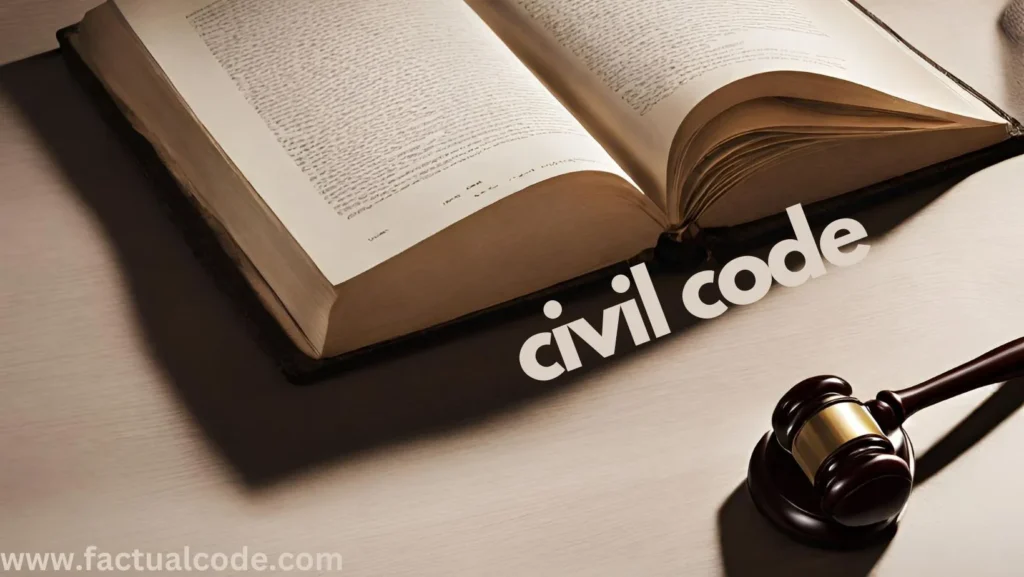1. Introduction 📜⚖️🌍
With the growth of international trade, many disputes are decided by courts outside India. When a party wins a case in another country, they may want to enforce that judgment in India. The Code of Civil Procedure, 1908 (CPC) sets out the process in Section 44A, while Section 13 CPC lays down the rules for deciding if a foreign judgment can be enforced. This note explains the definitions, laws, process, requirements, and key case laws on executing foreign decrees in India.
2. Meaning of Foreign Judgment and Foreign Decree 📄🏛️🌐
Foreign Judgment – A decision delivered by a foreign court (Section 2(6) CPC).
Foreign Court – A court situated outside India, not established or continued by the Indian government (Section 2(5) CPC).
Foreign Decree – A judgment from a superior foreign court ordering payment of money, excluding taxes, penalties, or arbitration awards (Explanation II to Section 44A CPC).
3. Governing Law 📚🔍⚖️
Indian Law – Code of Civil Procedure, 1908.
International Aspect – Convention on the Recognition and Enforcement of Foreign Judgments (India is not a signatory).
Key Rule – Section 44A allows decrees from “reciprocating territories” to be enforced in India as if issued by an Indian court.
4. Reciprocating and Non-Reciprocating Territories 🌎🤝📜
A reciprocating territory is a country notified by the Indian government for mutual recognition of judgments. Examples include the UK, UAE, Singapore, Bangladesh, Malaysia, Hong Kong, Fiji, and New Zealand. Non-reciprocating territories require a fresh case to be filed in India.
Case Law: Moloji rao Nar Singh Rao v. Shankar Saran (1962) – A decree from a reciprocating territory can be enforced in India without a fresh suit.
5. Competent Courts for Execution 🏛️📍⚖️
A foreign decree can be enforced in:
The District Court where the property is located or where the debtor resides or conducts business.
High Courts with original civil jurisdiction, in applicable cases.
6. Modes of Execution 📑🔄🌐
The procedure depends on whether the decree comes from a reciprocating or non-reciprocating territory.
(A) From Reciprocating Territories – Section 44A CPC
Submit an application for execution with:
A certified copy of the foreign decree.
A certificate from the foreign court showing how much has been paid or adjusted.
Treated like a decree issued by an Indian court.
Case Law: Marine Geotechnics LLC v. Coastal Marine Construction & Engineering Ltd. (2014) – Such decrees can be enforced without starting a new trial.
(B) From Non-Reciprocating Territories
A fresh civil suit must be filed based on:
The foreign judgment, or
The original cause of action, or both.
The judgment serves only as evidence.
Must be filed within 3 years of the decree date.
Case Law: Alcon Electronics Pvt. Ltd. v. Celem S.A. (2017) – For non-reciprocating territories, enforcement requires a new suit.
7. When a Foreign Judgment is Not Conclusive (Section 13 CPC) 🚫⚖️📜
A foreign judgment will not be enforced if:
The court lacked jurisdiction (Satya v. Teja Singh, 1975).
It was not decided on the merits.
It applied incorrect international law (R. Viswanathan v. Rukn-ul-Mulk, 1963).
It violated natural justice (International Woollen Mills v. Standard Wool, 2001).
It was obtained by fraud (Satya v. Teja Singh).
It is contrary to Indian law.
8. Recognition vs. Execution 🔍⚖️📄
Recognition – The court first verifies if the foreign judgment meets the requirements under Section 13.
Execution – The recognized judgment is then enforced under Section 44A.
9. Types of Foreign Decrees That Can Be Enforced 💰📜✅
Money decrees (excluding taxes, penalties, and arbitration awards).
Mandatory or prohibitory injunctions.
Final default judgments.
10. Time Limit ⏳📅⚖️
Reciprocating Territories – Bank of Baroda v. Kotak Mahindra Bank (2020):
3 years from the date the right to enforce arises.
If not enforced abroad → from the date of decree.
If partly enforced abroad → from the conclusion of enforcement abroad.
Non-Reciprocating Territories – 3 years to file a fresh suit.
11. Court Fees 💵🏛️📄
Reciprocating – Filing fee varies by state.
Non-Reciprocating – Ad valorem fee based on claim amount.
12. Enforcement Against Third Parties 👥💰⚖️
Normally only against the judgment debtor.
Exception – Garnishee orders can direct third parties owing money to the debtor to pay the creditor instead.
13. Appeal 📜⚖️🔄
Reciprocating Territories – Same appeal rights as Indian decrees.
Non-Reciprocating Territories – Appeals are against the decision in the new suit.
14. Conclusion 🏛️⚖️🌐
India enforces foreign decrees while ensuring they comply with domestic legal standards. Decrees from reciprocating territories are straightforward to execute, while those from non-reciprocating territories require fresh litigation. Landmark cases like Satya v. Teja Singh, Bank of Baroda v. Kotak Mahindra Bank, and Alcon Electronics v. Celem S.A. illustrate the importance of jurisdiction, merit-based decisions, and legal compliance. This balanced approach protects the integrity of India’s legal system while honoring valid foreign judgments.

